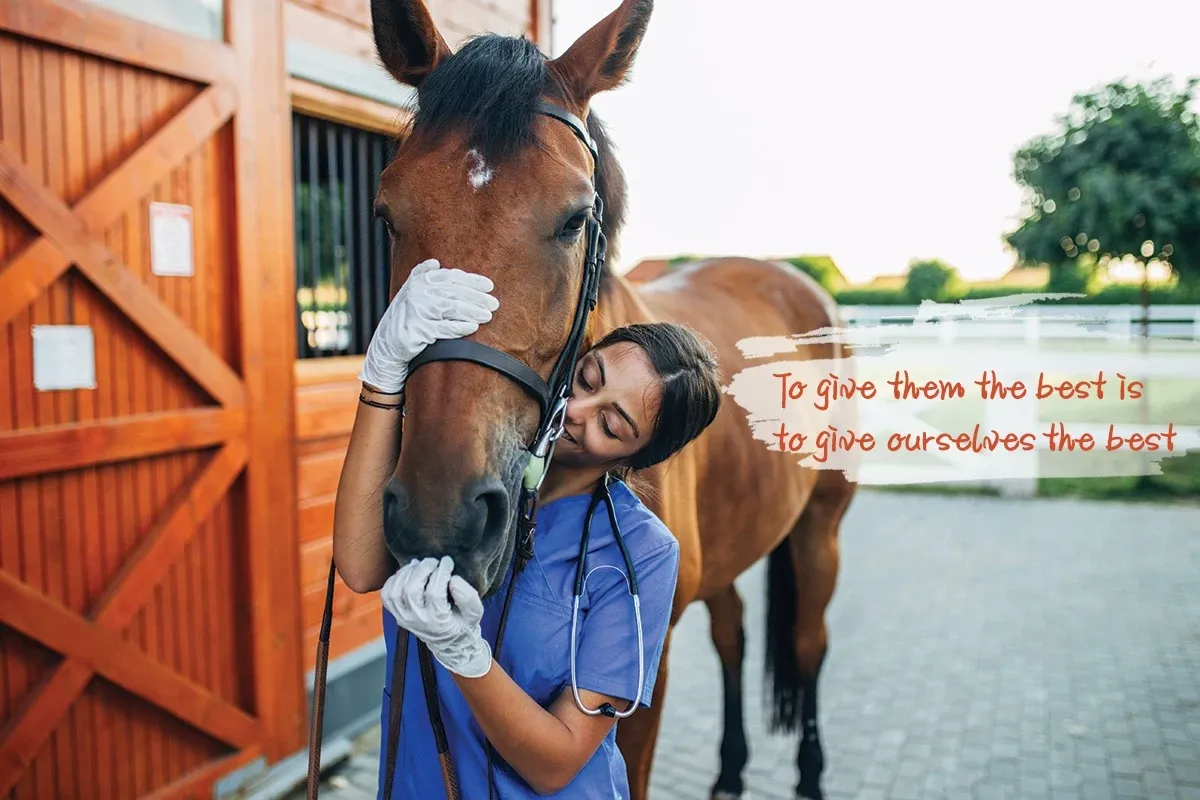- Afrikaans
- Albanian
- Amharic
- Arabic
- Armenian
- Azerbaijani
- Basque
- Belarusian
- Bengali
- Bosnian
- Bulgarian
- Catalan
- Cebuano
- Corsican
- Croatian
- Czech
- Danish
- Dutch
- English
- Esperanto
- Estonian
- Finnish
- French
- Frisian
- Galician
- Georgian
- German
- Greek
- Gujarati
- Haitian Creole
- hausa
- hawaiian
- Hebrew
- Hindi
- Miao
- Hungarian
- Icelandic
- igbo
- Indonesian
- irish
- Italian
- Japanese
- Javanese
- Kannada
- kazakh
- Khmer
- Rwandese
- Korean
- Kurdish
- Kyrgyz
- Lao
- Latin
- Latvian
- Lithuanian
- Luxembourgish
- Macedonian
- Malgashi
- Malay
- Malayalam
- Maltese
- Maori
- Marathi
- Mongolian
- Myanmar
- Nepali
- Norwegian
- Norwegian
- Occitan
- Pashto
- Persian
- Polish
- Portuguese
- Punjabi
- Romanian
- Russian
- Samoan
- Scottish Gaelic
- Serbian
- Sesotho
- Shona
- Sindhi
- Sinhala
- Slovak
- Slovenian
- Somali
- Spanish
- Sundanese
- Swahili
- Swedish
- Tagalog
- Tajik
- Tamil
- Tatar
- Telugu
- Thai
- Turkish
- Turkmen
- Ukrainian
- Urdu
- Uighur
- Uzbek
- Vietnamese
- Welsh
- Bantu
- Yiddish
- Yoruba
- Zulu
Nov . 28, 2024 00:13 Back to list
Ivermectin Injectable Solution for Livestock Use and Dosage Guidelines
Ivermectin Injectable for Livestock A Comprehensive Overview
Ivermectin has emerged as one of the most widely used antiparasitic agents in veterinary medicine, particularly for livestock. This versatile drug is crucial for ensuring the health and productivity of a range of farm animals, including cattle, sheep, goats, and swine. In this article, we will explore the uses, benefits, administration methods, and safety considerations associated with ivermectin injectable formulations for livestock.
What is Ivermectin?
Ivermectin is a broad-spectrum antiparasitic agent derived from the soil bacterium Streptomyces avermitilis. It belongs to the macrocyclic lactone class of drugs and is effective against a variety of internal and external parasites, including nematodes, arthropods, and even some protozoa. Its effectiveness and safety profile have made it a cornerstone for parasite control in veterinary practices globally.
Uses in Livestock
Ivermectin is primarily used to treat and prevent parasitic infections in livestock. Common applications include
1. Nematode Infections Ivermectin is highly effective against gastrointestinal nematodes, which can cause significant health issues in livestock. 2. Ectoparasites It is widely used to control external parasites such as lice, mites, and ticks. These ectoparasites can lead to skin irritations, weight loss, and decreased productivity. 3. Heartworm Prevention Ivermectin also plays a role in preventing heartworm disease in dogs and can help manage similar parasites in some livestock species. 4. Other Infections The drug has also been found effective against certain protozoan infections, such as those caused by Sarcocystis species.
Advantages of Injectable Formulations
Ivermectin is available in various formulations, including oral, topical, and injectable
. The injectable form has several advantages1. Rapid Absorption Injectable ivermectin is rapidly absorbed into the bloodstream, providing quicker relief from parasitic infections compared to oral forms. 2. Ease of Use In certain situations, especially when animals are sick, the injectable form can be easier to administer than oral medications. 3. Longevity of Action Some formulations can provide extended protection, reducing the need for frequent re-administration.
ivermectin livestock injectable

Proper Administration
Administering ivermectin in livestock should be done with care. The recommended dosage varies depending on the species, age, weight, and health status of the animal. It is crucial to adhere to the manufacturer's guidelines or consult a veterinarian to ensure proper dosing.
For injectable ivermectin, it is typically administered intramuscularly or subcutaneously. Care should be taken to select appropriate injection sites and maintain sterility to prevent complications, such as infections or abscesses.
Safety Considerations
While ivermectin is generally considered safe for use in livestock, certain precautions should be observed
1. Withdrawal Times Farmers and livestock producers must be aware of the withdrawal times for meat and milk. This period is the time needed after treatment before the animal's products can be safely consumed, ensuring that drug residues do not enter the food chain. 2. Sensitive Breeds Certain dog breeds, such as Collies, may be sensitive to ivermectin due to a genetic mutation affecting drug metabolism. It’s important to avoid using ivermectin in these breeds or to consult a veterinarian first.
3. Environmental Impact Overuse or misuse of antiparasitic drugs can lead to drug resistance and environmental contamination. Sustainable management practices, including rotating dewormers and performing fecal egg counts, can help mitigate these issues.
Conclusion
Ivermectin injectable formulations offer a powerful tool in the fight against parasitic infections in livestock. With its broad-spectrum efficacy, rapid action, and ease of administration, it plays an invaluable role in veterinary medicine. However, responsible use and adherence to safety guidelines are crucial to maintaining the health of livestock while minimizing the risk of drug resistance and ensuring food safety. As always, consultation with a veterinarian is recommended for the most effective and safe treatment protocols tailored to specific situations and animal populations.
-
Guide to Oxytetracycline Injection
NewsMar.27,2025
-
Guide to Colistin Sulphate
NewsMar.27,2025
-
Gentamicin Sulfate: Uses, Price, And Key Information
NewsMar.27,2025
-
Enrofloxacin Injection: Uses, Price, And Supplier Information
NewsMar.27,2025
-
Dexamethasone Sodium Phosphate Injection: Uses, Price, And Key Information
NewsMar.27,2025
-
Albendazole Tablet: Uses, Dosage, Cost, And Key Information
NewsMar.27,2025













